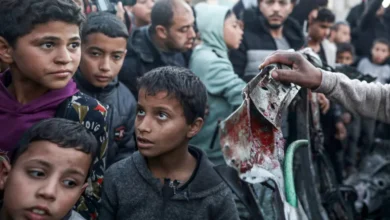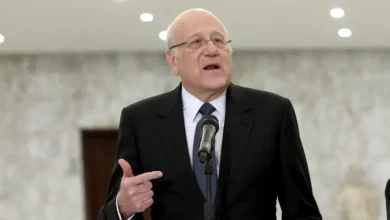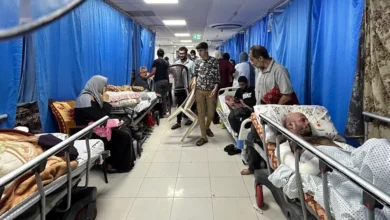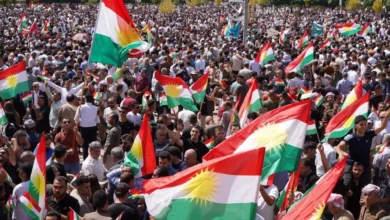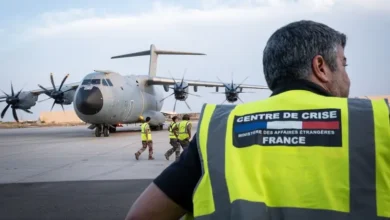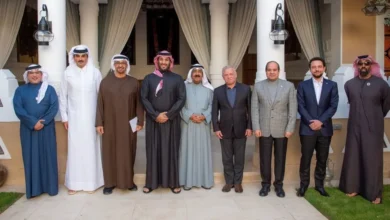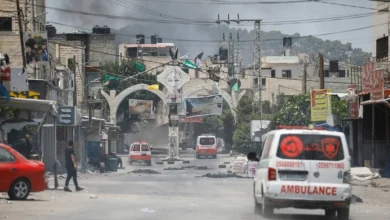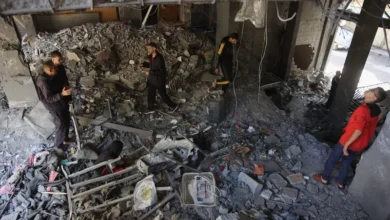Senior US, Iraq military officials discuss future American troop presence
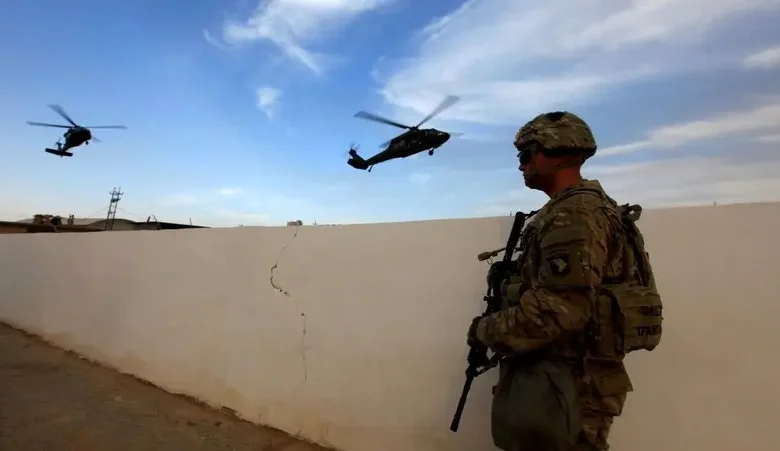
Senior American and Iraqi military officials met this week to discuss the next phase of what the US troop presence in Iraq will look like going forward.
On Monday, Gen. Erik Kurilla, the top US military general for the Middle East, and Gen. Abdel Emir Rashid Yarallah, the Iraqi Armed Forces chief of the General Staff, co-chaired the inaugural US-Iraq Higher Military Commission Principals Meeting.
Kurilla took part in the call in Baghdad via video, according to a Pentagon official.
“Both leaders reaffirmed their commitment to a process toward an orderly transition from the mission of the international Coalition for the Defeat of ISIS in Iraq to enduring bilateral security partnerships between Iraq and the United States and other countries of the Coalition,” a statement from the Pentagon said.
This is the third meeting between the two sides to discuss future troop presence. Previously, subcommittees met, with Monday’s sit-down the first between the top military officials.
What’s next?
The current phase of talks between Washington and Baghdad is centered around assessing the situation in Iraq, including the state of ISIS, the status of Iraq’s security forces as well as the operating environment, Pentagon officials said.
US officials familiar with Monday’s meeting said there was broad agreement on the status of all three topics.
The readout of the meeting said, “The principals also committed to building broader security cooperation between the United States and Iraq, which will contribute to the region’s stability and security.”
The next step will be to look at recommendations for what the future relationship looks like and what the US troop level inside Iraq will be. Previously, the US changed its role from combat to assist and advise. Potential changes in the future could include reducing the number of troops or changing the type of US or Coalition forces in Iraq.
The Pentagon official told Al Arabiya English that the next significant milestone will be during the second Joint Security Cooperation Dialogue this summer. Decisions are expected to be made then, but the Iraqis have not expressed any desire for US forces to leave during the recent meetings.
“Monday’s meeting was very friendly and productive,” the Pentagon official added.
US and Iraqi officials agreed last year to begin talks about the future shape and role of an international coalition to defeat ISIS, which is present at the invitation of the Iraqi government.
The first round of discussions was held in January but was quickly halted due to the deadly attack on US troops in Jordan, which US officials said had the fingerprints of Kata’ib Hezbollah.
Less than 24 hours after the US killed a senior Kata’ib Hezbollah commander, Iraq unilaterally announced a second round of talks with the US would be held on Feb. 11. The US quickly put out a statement confirming the talks.
US responses came after the Iran-backed attacks and the Jordan attack. The militias – armed, funded and trained by Tehran over the years – said the attacks would continue until a ceasefire was reached in Gaza. No attacks have been recorded on US troops since Feb. 4, making it the longest period with no attacks since Oct. 17. There were two, four-day lulls in November and December. A drone that was shot down last month over a US base in Syria was not assessed to be targeting American forces, officials said. And another two foiled drone attacks in Iraq were also not evaluated to be targeting US troops last week.
